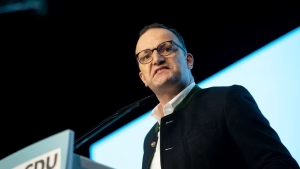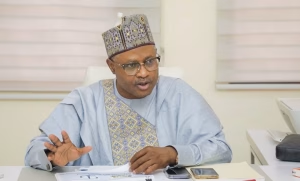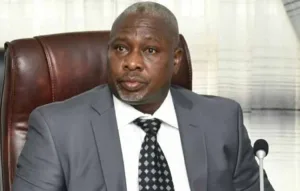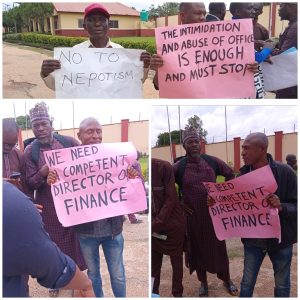Sierra Leone’s Fragile Peace: A Call for Constitutional Reforms
In the aftermath of Sierra Leone’s 2023 contested elections, the country’s fragile peace hangs in the balance. Despite a national unity agreement aimed at defusing tensions between the government and the opposition All People’s Congress (APC), deep-seated ethnic and political divisions persist. The APC had rejected the declaration of President Julius Maada Bio as the winner, citing irregularities and procedural infractions. As the next general election approaches, it’s crucial to address the underlying issues that could escalate into violence and instability.
Since the end of its civil war in 2002, Sierra Leone has made significant progress in its democratic trajectory, holding five consecutive elections and experiencing peaceful transfers of power. However, the country’s progress is threatened by the over-centralisation of power and resources, which has historically fueled divisive politics. The 1991 Constitution and Mines and Minerals Development Act vest full ownership and control of Sierra Leone’s vast natural resources in the state, particularly the executive. This has led to a system where access to political office is a gateway to wealth accumulation, while exclusion often translates into economic marginalisation.
The antagonistic relationship between the ruling Sierra Leone People’s Party (SLPP) and APC reflects pronounced ethno-regional cleavages. The SLPP draws its primary support from the Mende ethnic group in the south and east, while the APC is largely backed by the Temne in the north and northwest. Both parties have accused each other of corruption and discriminatory economic practices, with the APC citing alleged misappropriation of public funds by First Lady Fatima Maada Bio.
To promote sustainable national cohesion and ensure stability during elections, structural reforms aimed at decentralising power and resource control must be prioritised through constitutional and legal reforms. The African Union, Economic Community of West African States, and other international partners must go beyond crisis response and work to accelerate inclusive development and expand economic opportunities for all, irrespective of ethnicity or region. As Sampson Kwarkye, Project Manager at the Institute for Security Studies, notes, "Promoting sustainable national cohesion and ensuring stability during elections will require more than externally brokered political settlements."
The trial of APC’s 2023 presidential candidate and former foreign minister Samura Karama for alleged corruption highlights the need for reforms. The politicisation of public appointments and deployment of state institutions against political opponents is a concern that must be addressed. By prioritising constitutional and legal reforms, Sierra Leone can take a crucial step towards a more inclusive and stable future. The international community must support these efforts to ensure that the country’s fragile peace is not shattered by the very divisions that have plagued it for so long.




